5. Bellows Plunger
This design is a single piece of elongated molded plastic with numerous flexible accordion-style ridges. This plunger can be used for sinks and toilets, an all-in-one plunger you could say. The accordion style in theory helps the plunger be more powerful in knocking out clogs. However, one downside to these plungers is that they are hard to clean since crevices allow fecal matter and dirty water to gather. So, if your first use is for the toilet, I wouldn’t recommend using it again in a sink since they’re tough to wash thoroughly.
By owning any one of the common household plungers, you will already be ahead of most people when it comes to fixing bathroom and kitchen clogs. If you clean and store your high-quality plunger properly, it should last for years. Therefore, make a wise investment in your tools. But if you are needing a little more than a plunger, give Duncan Plumbing a call today.
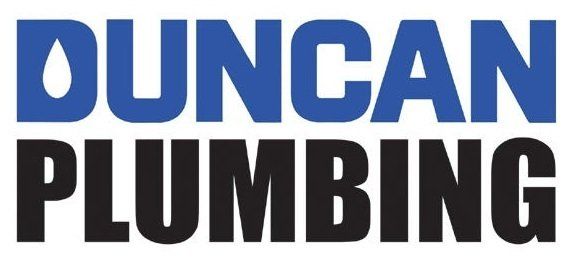
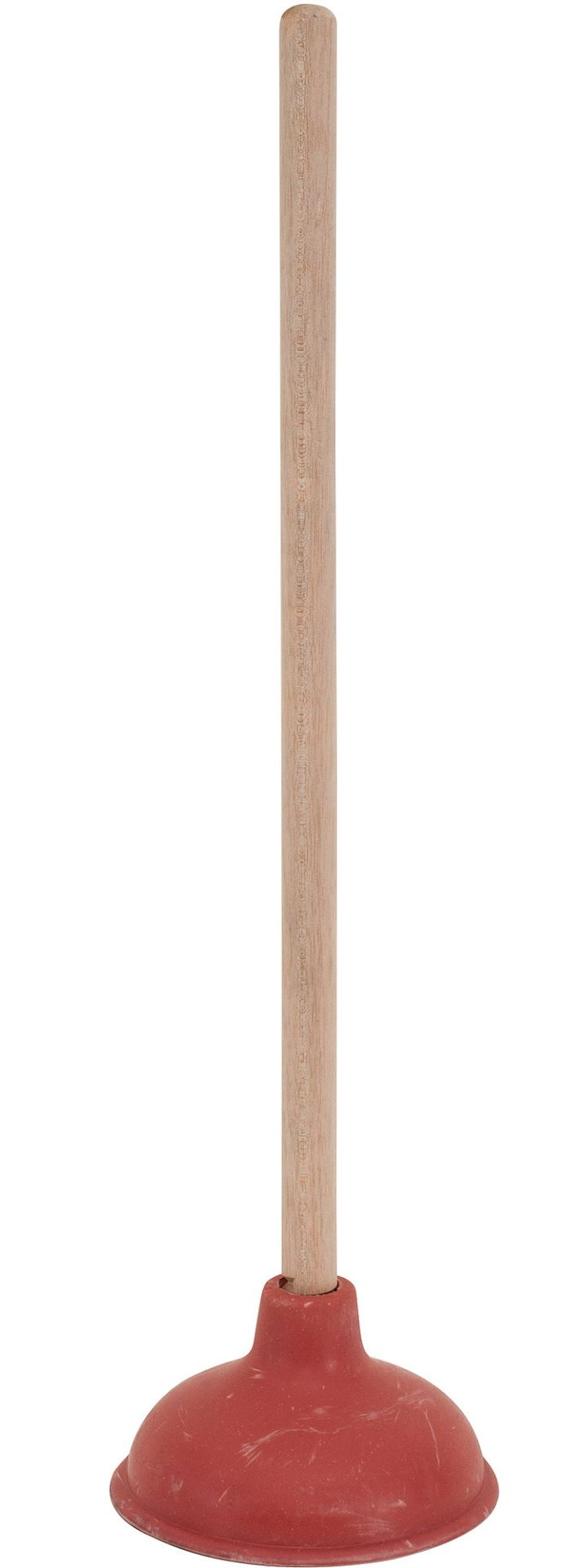
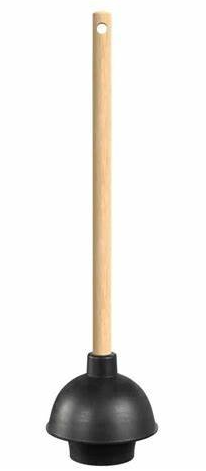
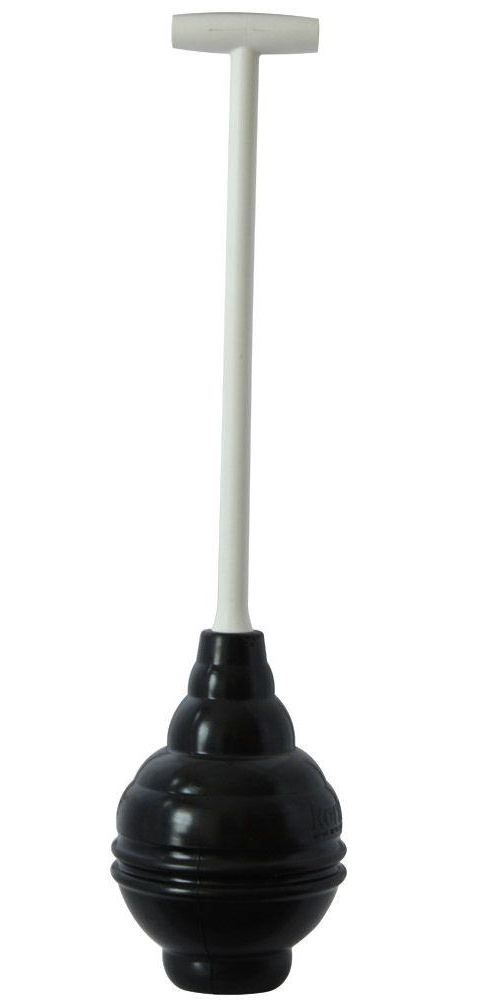
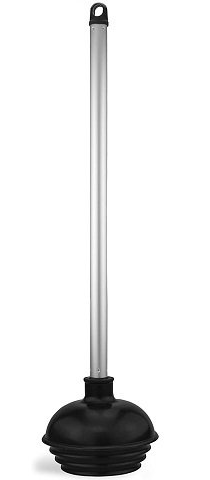
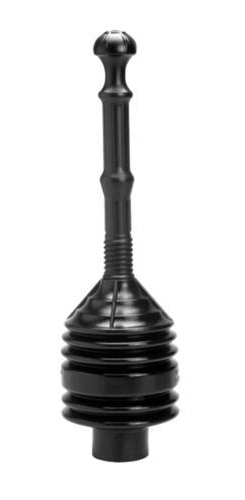

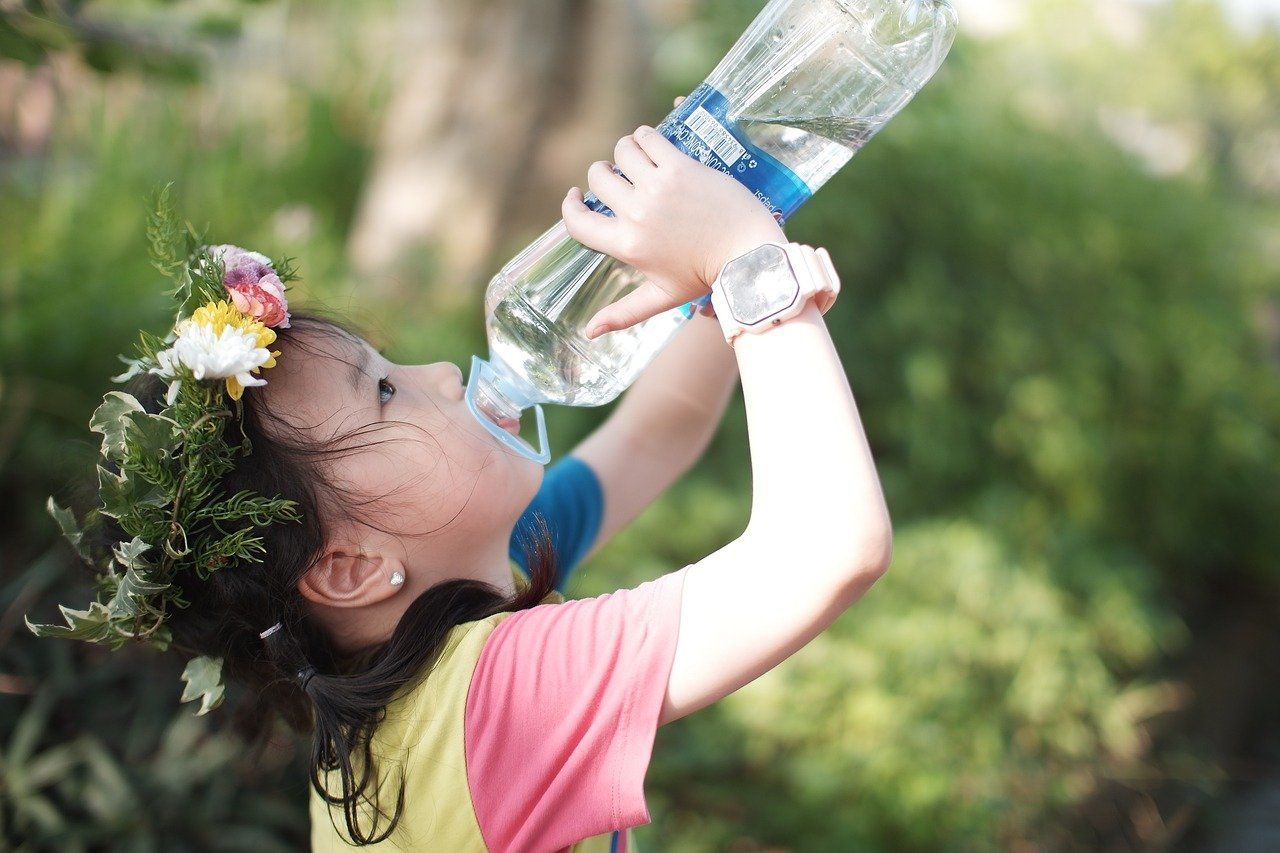
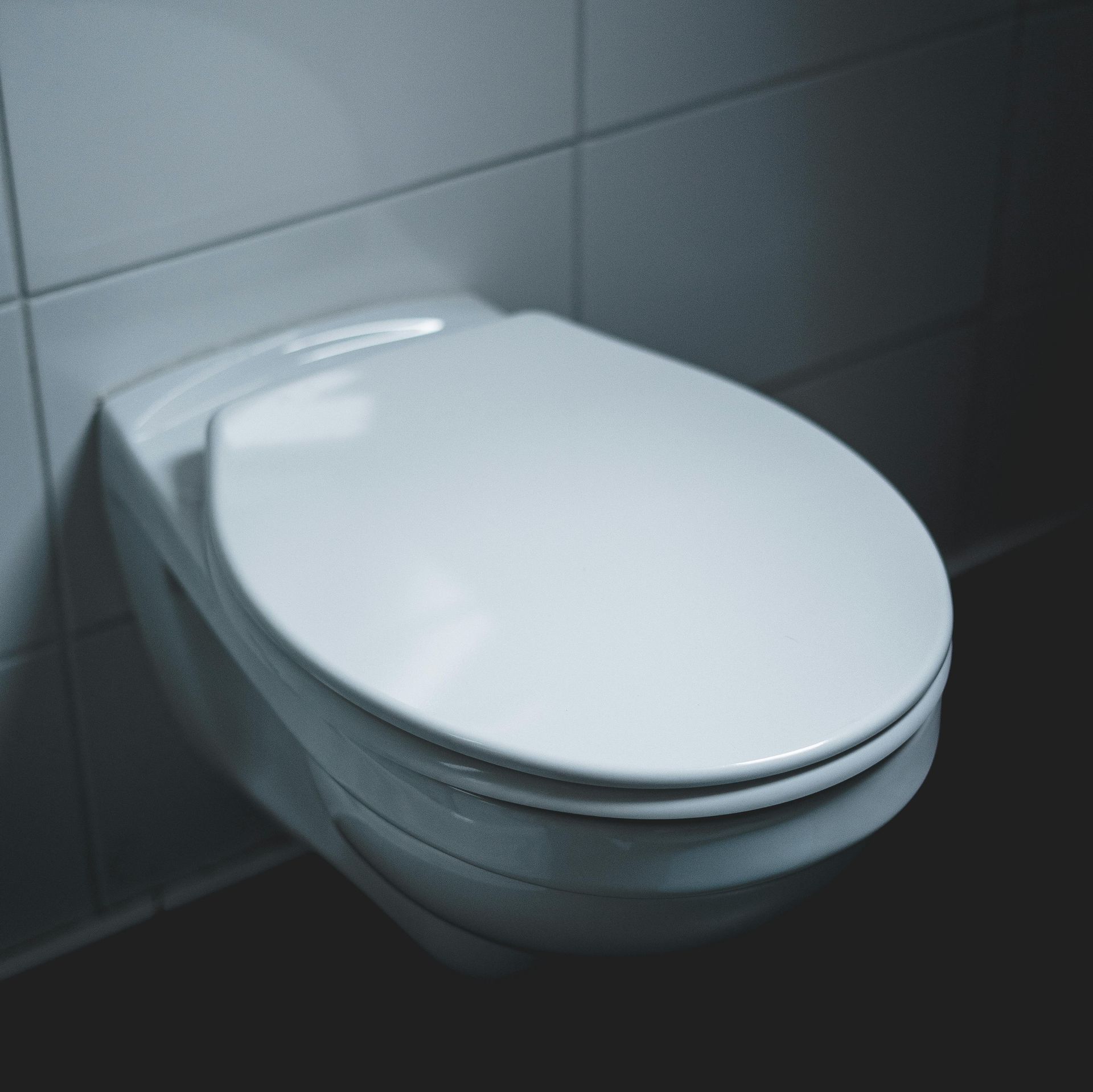
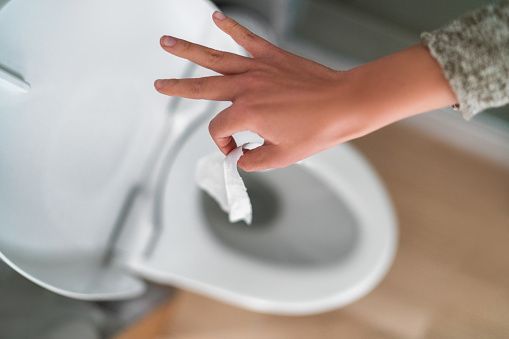
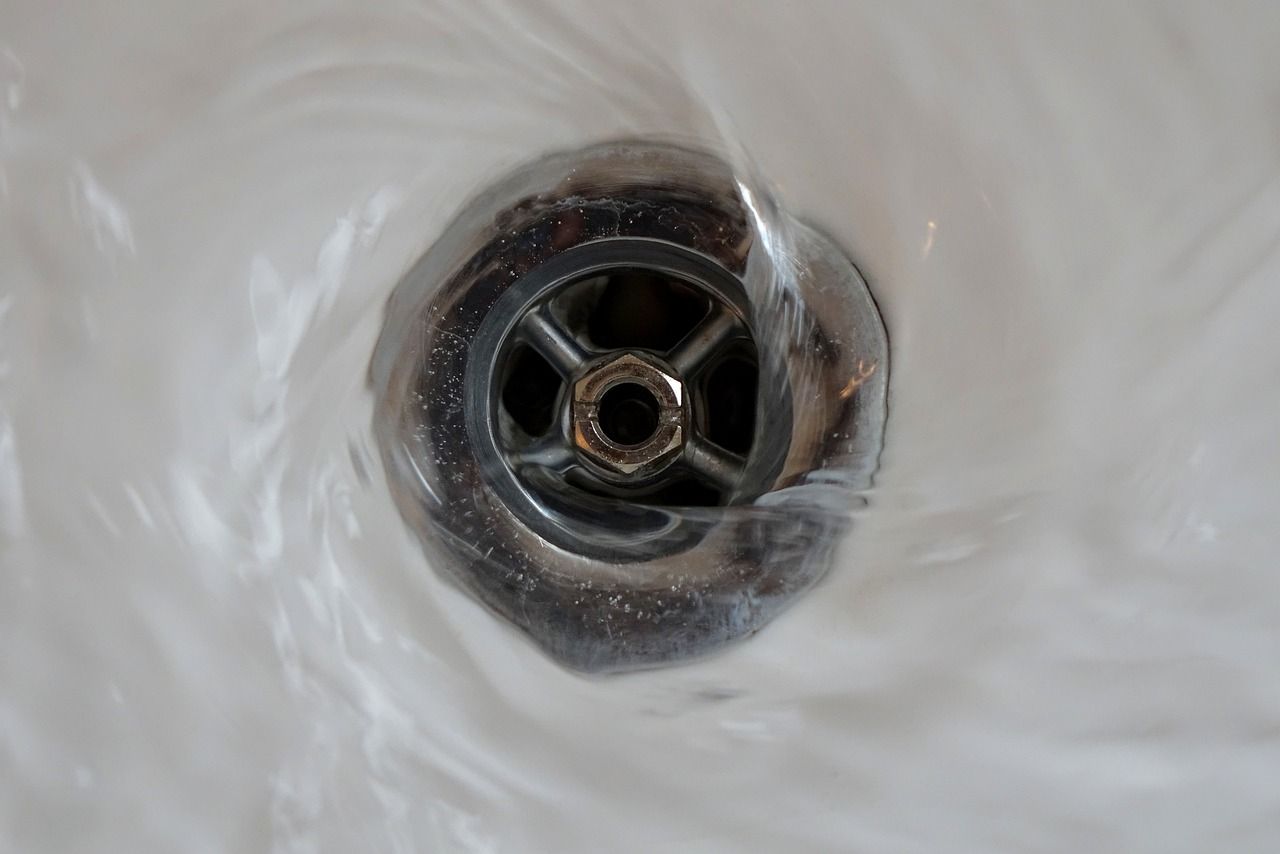

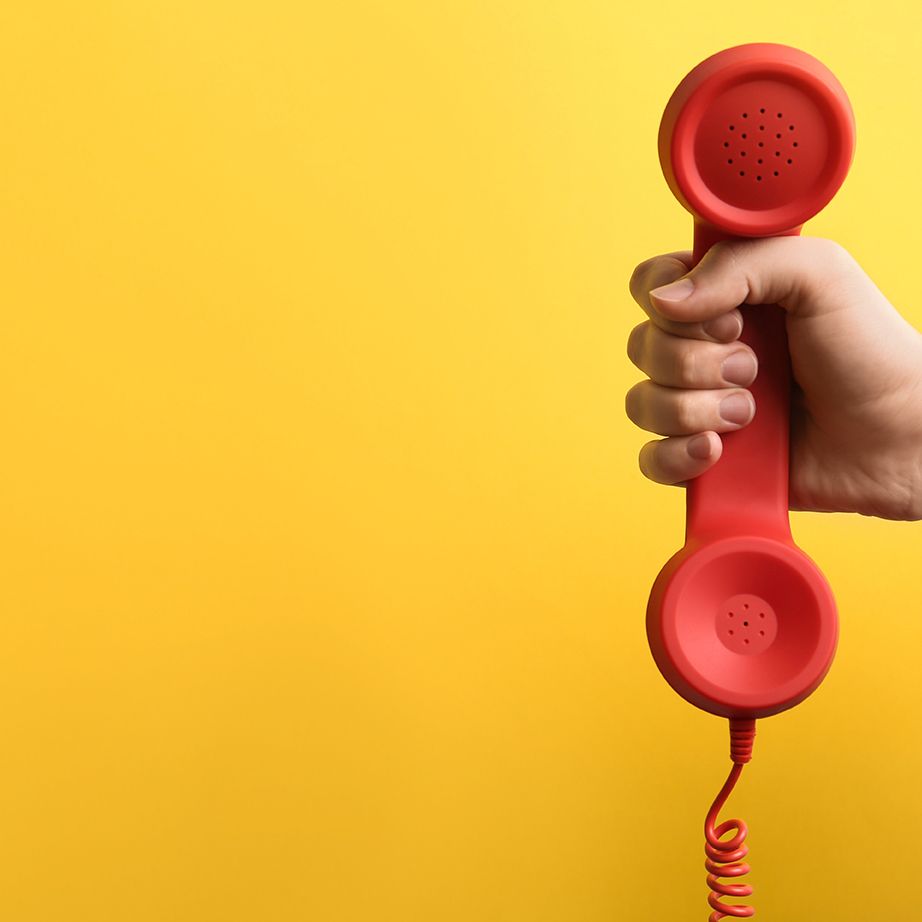
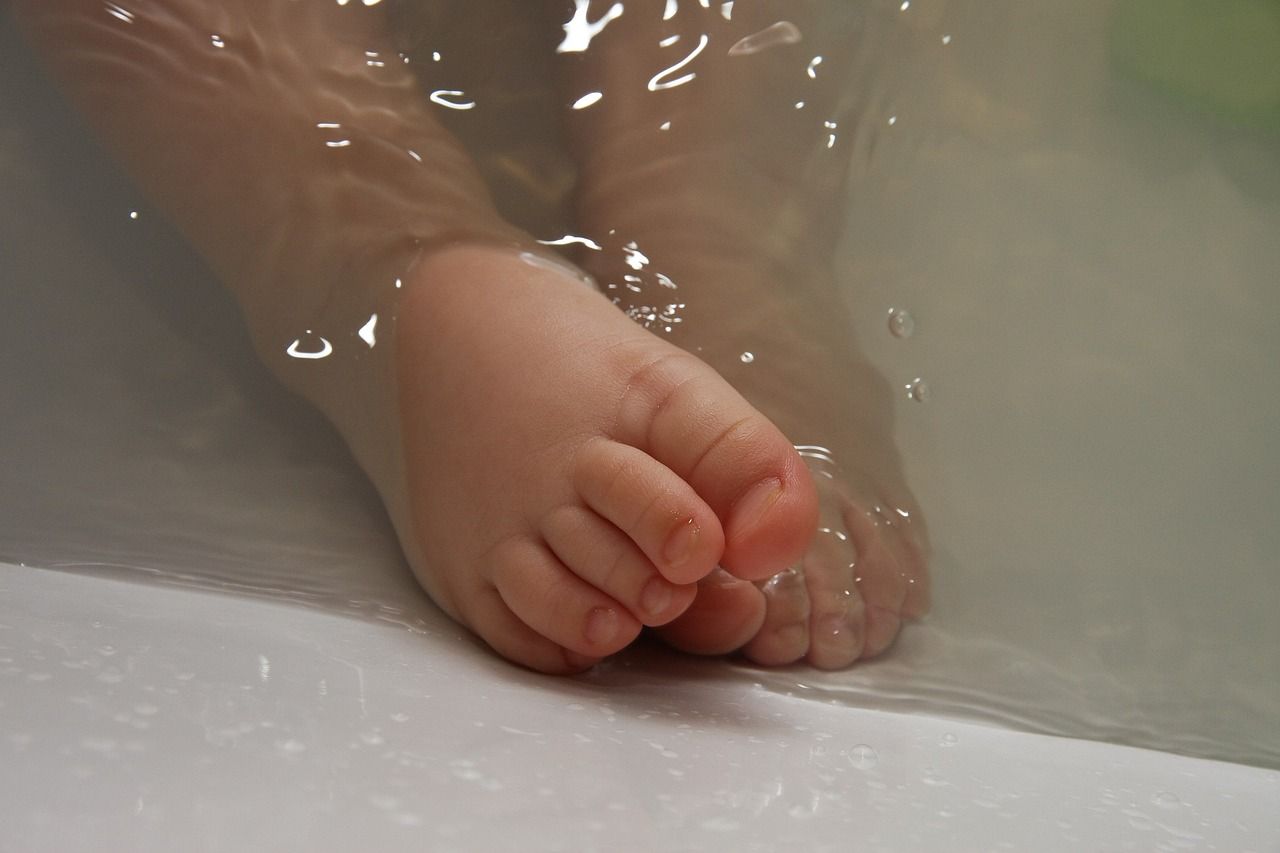

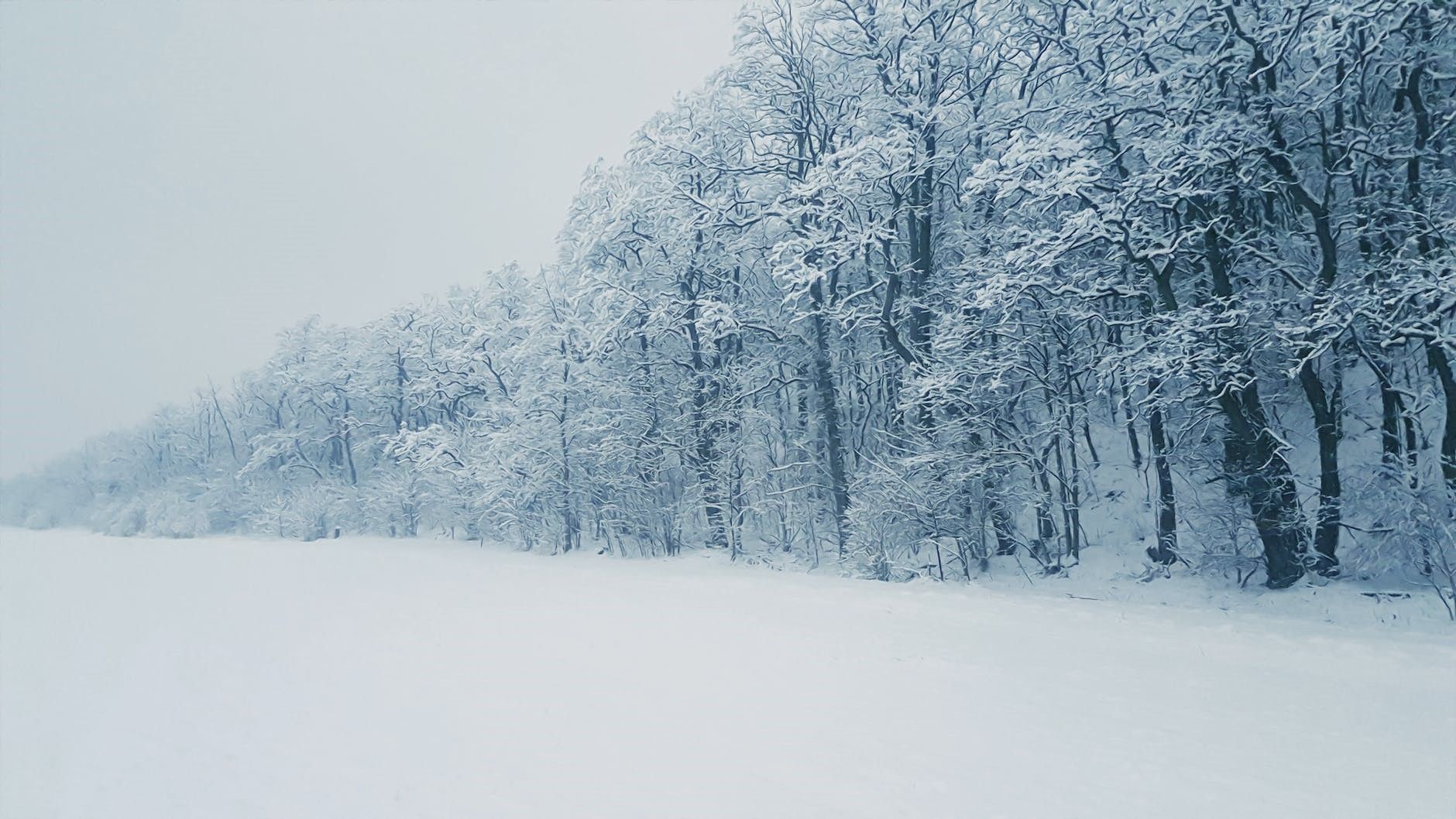


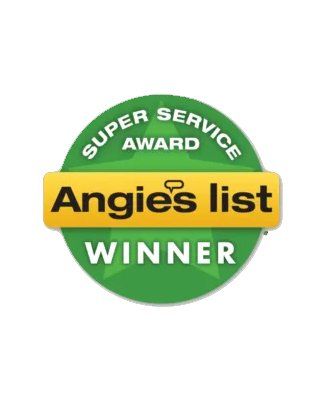


















Share On: